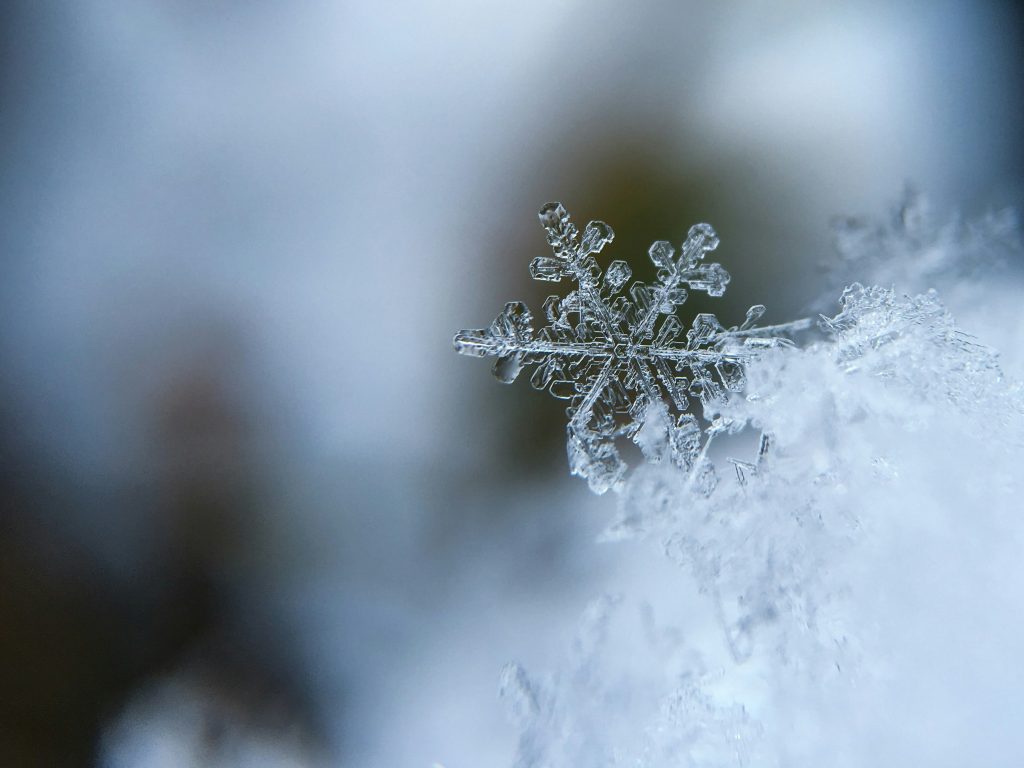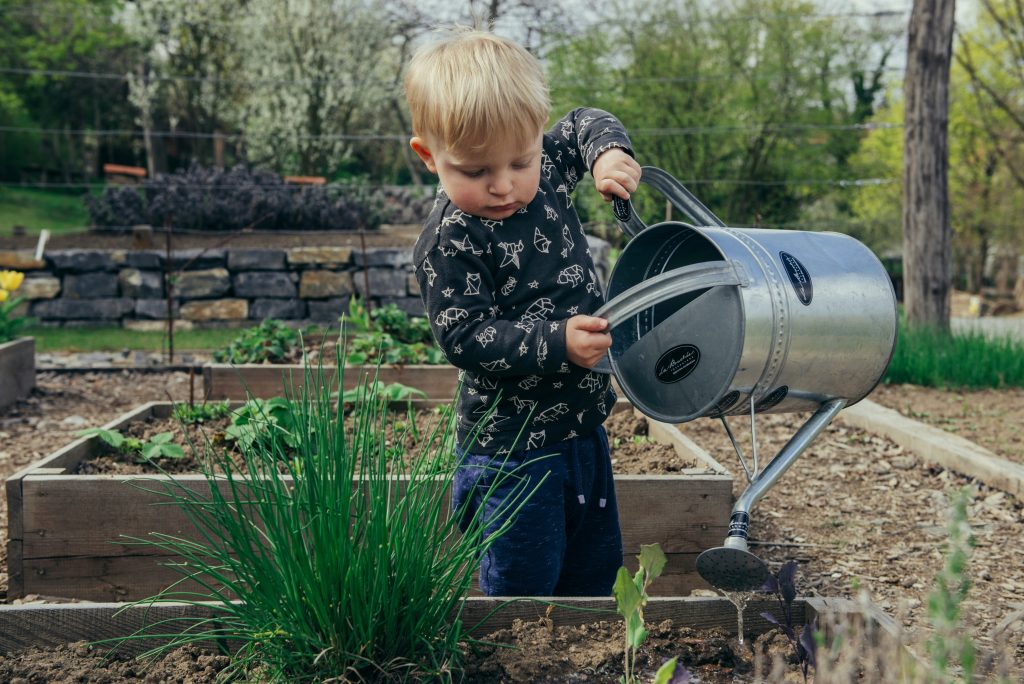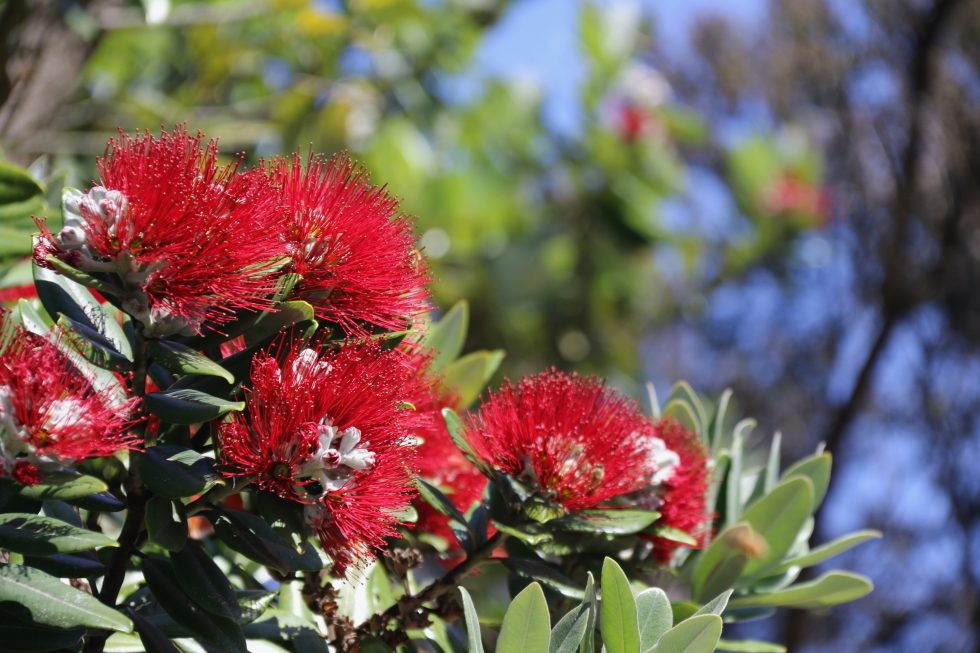As winter starts to creep in, rental property owners face unique challenges in maintaining their investments. Harsher weather conditions can cause unexpected maintenance on properties, leading to costly repairs and upset tenants. However preparation is key, with careful planning and proactive measures, you can minimise risks and ensure your rental properties remain in top condition throughout the winter months. Here are some essential tips for effective winter property maintenance:
1. Inspect and Prepare Heating Systems: Whether this is a heat pump, gas heating or fire place, before the cold sets in, conduct an annual service to ensure they are in good working order and ready to be used over the coming months. This will help with the longevity of the appliance and will help to prevent any issues arising when in full use. Its also important that tenants are educated on how to operate any heating system efficiently.
2. Prevent Frozen Pipes: Especially in older builds, frozen pipes are a common winter headache that can lead to costly water damage. Where possible, insulate pipes. It’s also a good idea to encourage tenants to keep a slow trickle of water running from faucets during extremely cold weather to prevent pipes from freezing. Also, just in case of a burst pipe it’s good to know where the water mains are located so water can be shut off quickly.
3. Maintain Landscaping: Clear fallen leaves and debris from gutters and downpipes to prevent clogging and ice buildup. If you’ve supplied your property with outdoor furniture, now is the time to store it or cover it to protect from winter elements and minimise wear and tear.
4. Draughts: Now’s the time to double check that draught stop is doing its job, or to replace any that is starting to look worn. Not only does it bring in cold air if not installed correctly or worn, it also makes heating the house harder and can increase power bills for tenants.
5. Windows: Condensation on the interior of windows and doors are common in the winter when outside air is cold and dry, and the indoor air is warm and humid. Now is a great time for you to check that the weep holes in your window framing are cleared and free flowing. This helps to prevent puddling at the bottom of windows.
6. Communicate with Tenants: Keep lines of communication open with tenants throughout the winter season. Encourage tenants to report any maintenance issues promptly. Not only does this mean your property is being well maintained to reduce the risk of unnecessary future costs, but also helps keep tenants in properties for longer.
By implementing these winter property maintenance tips, you can safeguard your investment, minimise risks, and ensure a safe and comfortable living environment for tenants during the colder months. Proactive planning and regular maintenance are key to preserving the value and integrity of your rental property in any weather conditions.
Homely Service the following areas:
Property Management Manawatu
Property Management Feilding
Property Management Palmerston North
Property Management Horowhenua
Property Management Kapiti








